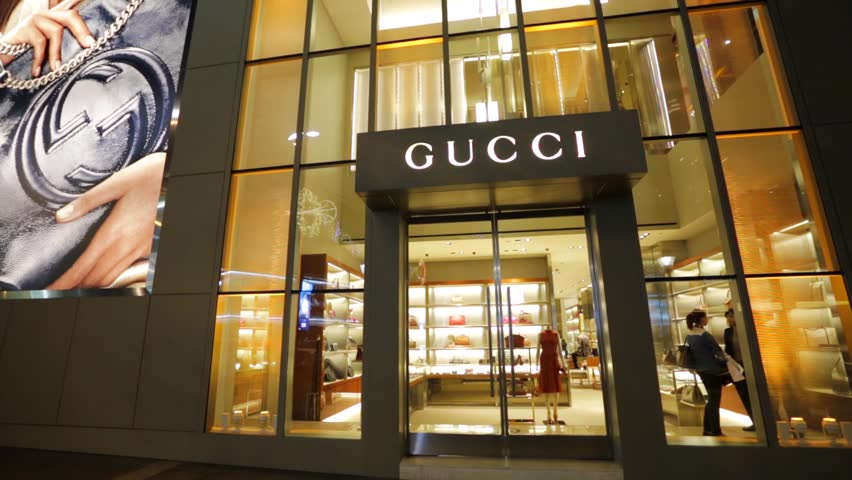Ever wonder why you can’t buy a Rolex watch at every nook and cranny of the city? Well, it all has to do with exclusive distribution. Companies often use this strategy to create an aura of prestige and exclusivity that sets their products apart from competitors. This is done so by handpicking exclusive distributors instead of targeting a bunch of them,
While this may sound counterproductive (after all, you’re limiting the number of distributors), exclusive distribution actually helps build a strong base of loyal customers. Not to mention, it also increases customer anticipation that ends up creating quite a hype in the market.
Table of Contents
What Is Exclusive Distribution
Exclusive distribution is a marketing strategy that revolves between manufacturers and distributors. Unlike other distribution strategies, in this case, the distributors are provided exclusive rights to sell products within a particular geographical location as per company guidelines.
At times, the company may also limit the number of products a retailer it supplies, this is all done to retain a dominant position in the market.
Additionally, exclusive distributors may have to enter an agreement not to sell products manufactured by competitors. This benefits the supplier as they have total control over the distribution of products.
The product may be globally exclusive or sometimes its exclusivity can only be limited to a particular geographic area or market. The most popular examples include mobile phones that are only available on certain networks.
Why do companies opt for exclusive distribution?
This type of distribution strategy is popular among companies that want to create a prestigious brand image. Luxury automobile companies, designer clothing or even expensive mobile phone brands are likely to make the best of this strategies.
Granting exclusive distribution enables companies to harbor control over promotion, service policies, intermediary’s price and several other factors.
Additionally, thanks to exclusive distribution, companies benefit from aggressive selling from these outlets.
Exclusive Distribution Examples
iPhone is popularly known for its exclusive agreement deal with AT&T. Other notable examples include Gucci and Lamborghini.
Exclusive Distribution Advantages and Disadvantages
Similar to practically any kind of marketing distribution strategy, exclusive distribution may not be suited for every brand or company out there. To help you decide for yourself, we’ll be discussing a few advantages and disadvantages of exclusive distribution. Let’s start off with the advantages first:
Increases Sales and Profits
Mono-branding or exclusive distribution can drastically improve sales and drive your business forward. When brands pour all their marketing efforts to exclusive distributors, they are likely to see high-quality results in return.
Not to mention, limiting retailers ensures that sales representatives are well-versed regarding product features and other important details.
This is especially important if a company is selling a complex, tech product that people may not know how to use at first. Because of this, companies will be able to generate more sales and profit.
Greater Attention
One of the most prominent benefits of exclusive distribution is that manufacturers are able to garner more attention.
Since there are a limited number of retailers or distributors, they may give special priority to special products. Because of this, some retailers may highlight exclusive products in store ads and newspapers. Others may distribute coupon magazines.
Disadvantages of Exclusive Distribution
Here are a few disadvantages of exclusive distribution:
Increased dependency
If your brand is still a little seedling, you’ll find it difficult to position your business in the market without depending on the exclusive distributor.
Unlike big and popular brands such as BMW or Rolex, small businesses don’t have the expertise to lead their way. Because of this, they may become highly dependent on exclusive distributors for advice.
Disputes leading to huge losses
With extensive distribution, you wouldn’t have to worry if you were to get into a dispute with one distributor. However, this can often become a problem if you’re working with an exclusive distribution strategy.
In extreme conditions, this might cause you to lose the whole market or experience a substantial loss.
So, while an exclusive distribution strategy may be difficult to pull off, it is definitely worth considering for big, complex products. Is there something you’d like to add? Tell us about it in the comment section below.
Last modified: July 8, 2025




